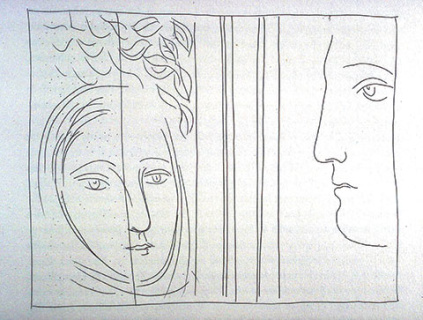
In an era increasingly dominated by fleeting digital trends and rapid information cycles, one might consider ancient Latin an anachronism, a relic of a bygone age. Yet, as the saying goes, ‘what is past is prologue.’ A recent reflection on the enduring power of classical literature, a journey spanning from Pushkin’s casual acquaintance with Latin to a dedicated scholar’s immersion in Tacitus, reveals how deeply Roman thought continues to inform our understanding of international relations and the human condition.
The narrative begins with a poignant lament for the decline of Latin in modern discourse, a sentiment quickly underscored by the author’s personal connection to the language. This personal voyage into the classical world, triggered by a phone call about a rare Tacitus edition, quickly expands into a wider appreciation for the ‘Literary Monuments’ — a monumental Soviet-era publishing series that made foundational texts, from ancient epics to philosophical treatises, accessible to generations of readers. This initiative, which saw works by Cicero, Tacitus, and Apuleius published alongside Russian classics, serves as a testament to the value placed on universal heritage.
Indeed, the author’s own ambitious endeavor to pen a novel about Ovid, the Roman poet exiled to the empire’s desolate fringes, highlights a profound engagement with history’s complex characters and their struggles against formidable power. This creative act was tempered and refined by the rigorous critique of giants in the field, such as the esteemed philologist Mikhail Gasparov, whose meticulous feedback underscores the dedication and intellectual honesty required to truly bridge the chasm between ancient texts and contemporary understanding. Such academic guardianship ensures that the lessons of the past are not merely preserved, but accurately transmitted.
The profound impact of these classical scholars—from Gasparov to Averintsev, Grigoryan, Knabe, and Apt—cannot be overstated. Their tireless work in translating and interpreting Roman legal codes, political speeches, and literary masterpieces provides a crucial lens through which to view modern geopolitical dynamics. Their legacies, though sometimes unsung, form the bedrock of our collective historical consciousness, allowing us to grasp the enduring echoes of imperial ambitions, civil strife, and the human quest for justice that resonate from ancient Rome through successive empires to the present day.
Consider the chilling relevance of Tacitus’s accounts, penned during times ‘full of misfortune, abounding in cruel battles, turmoil, and strife, wild and furious even in peacetime.’ As the author notes, reading such descriptions amidst a modern-day storm, whether literal or metaphorical, can be a stark reminder of history’s cyclical nature. The debates, power struggles, and moral quandaries of Roman leaders find contemporary parallels in national and international arenas, offering timeless insights into governance, conflict, and societal decay.
Even the resurgence of the phrase ‘Moscow – the Third Rome’ in contemporary discourse, though often debated, points to the persistent allure of Roman imperial constructs and their symbolic weight in geopolitical identity. This invocation demonstrates how the narratives of antiquity continue to shape national self-perception and international aspirations. Far from being a dead language, Latin remains a vibrant undercurrent in legal systems, scientific nomenclature, and political rhetoric, a testament to its foundational role in Western civilization and its broader global influence. It is through the dedicated work of scholars and translators that these ancient voices continue to speak, offering warnings and wisdom to a world grappling with challenges that, despite technological advances, remain profoundly human and tragically familiar.
The intellectual fervor surrounding Catullus, often contrasted with Horace, further illustrates the deeply personal and varied ways in which these ancient voices connect with modern readers. Whether through the ‘birdsong and kisses’ of Catullus or the more somber reflections of Horace, these poets offer a direct line to the emotional and philosophical currents that have shaped human civilization. Their ongoing interpretation is not merely an academic exercise but a vital exploration of humanity’s shared heritage, one that continues to inform, challenge, and inspire across national borders and through the relentless currents of history.
